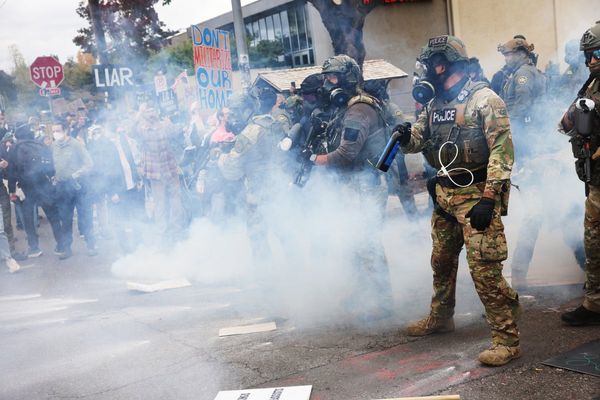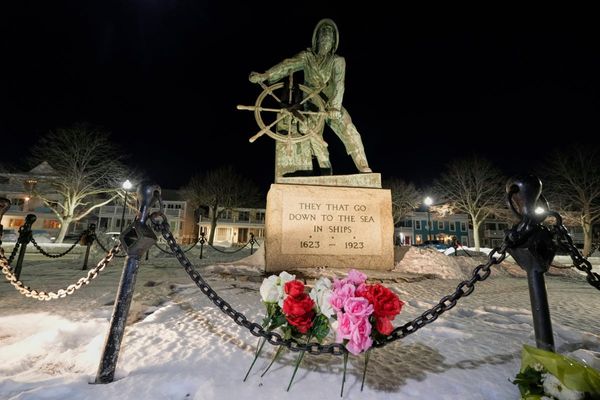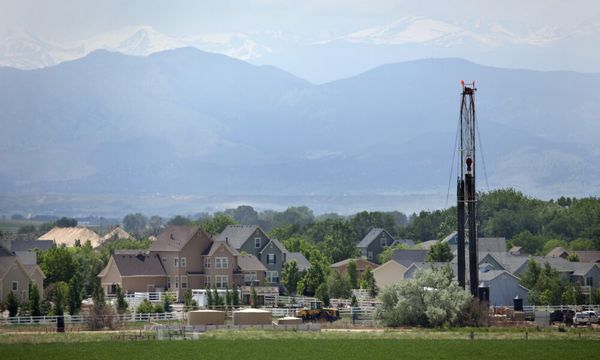
Madagascar is in the throes of a tense presidential election campaign, with 11 of the 13 candidates saying they've been unfairly treated by authorities, while the UN has accused police of using disproportionate force to disperse opposition rallies. Incumbent President Andry Rajoelina, who's standing for re-election on 16 November, responded to the controvery in an interview with RFI and sister station France 24.
Andry Rajoelina: In a democracy the people should choose who leads a country. The opposition is using every possible means to prevent the elections from being held because they know full well that I will be elected. The reality on the ground shows that. The date of the election has already been set and the list of candidates has been published by the High Constitutional Court, but unfortunately the other candidates want to confiscate the people's choice.
RFI and F24: The opposition has a different view of the situation. It denounces what it calls a "double standard". They say they cannot demonstrate peacefully while you can campaign. Do you, as a candidate, recognise this double standard?
AR: No, there is no double standard at all because candidates can express themselves. They have the right to hold meetings as part of their election campaign. The opposition is trying to manoeuvre so that there will be no elections in order to move towards a political transition. These political practices have been destroying the country for decades.
Article 10 of the Constitution says the freedoms of opinion, expression, assembly and movement are guaranteed to all, and can only be limited by respect for the freedoms and rights of others. The opposition is trying to hinder the electoral process. This is why I firmly condemn any action that divides the Malagasy people. Madagascar needs a leader – a statesman who brings the people together, who unites all the regions and federates the armed forces. We need peace and stability.
💬 🇲🇬 #Madagascar : «L'opposition essaye de manœuvrer pour qu'il n'y ait pas d'élection» pour Andry #Rajoelina
— RFI Afrique (@RFIAfrique) October 19, 2023
🎙Invité de @LCorreau @RFI et de @mperelman @France24_fr #RFImatin 👇
👉 L' intégralité de l’entretien ici https://t.co/BomqYhoxJc pic.twitter.com/u8cy3sP5oy
RFI and F24: In 2014 you obtained French nationality. The Malagasy Nationality Code says the voluntary acquisition of another nationality will result in the loss of Malagasy nationality. The opposition says prevents you from standing in the election. What's your response?
AR: The debate on that is over. Dual nationality is accepted under the Malagasy Nationality Code. The descendants of dual nationals can enjoy French nationality. As I was saying, the opposition is using every possible means to prevent the elections and is trying to find arguments.
The High Constitutional Court has handed down its decision adopting the list of candidates, and no decree declaring the loss of Malagasy nationality – in application of Article 42 – has been issued since its application. So this debate is over. This is an argument put forward by the opposition that does not hold water.
And on this subject, there are several heads of state who have other nationalities, like Shimon Peres, the former Israeli president, who was of Polish origin, president Sarkozy was of Hungarian origin, president Barack Obama was of Kenyan origin.
RFI and F24: One question beyond the patriotic and legal arguments is why didn't you reveal this before? It only came to light after revelations in the media a few months ago.
AR: I didn't hide anything. My great-grandfather was a French citizen in 1932 so, as the law says, descendants of dual nationals can enjoy French nationality.
When I left for France, when I retired from political life, my children were studying in France. To make it easier for them to settle in France, I applied for naturalisation by descent. What parent wouldn't make sacrifices for their children's future? I did it for my children.
When you talk about naturalisation it comes out by decree in the official [legal] gazette. When it was declared and validated by the official gazette, nobody asked me.
RFI and F24: But you could have said something.
AR: Told who? And how?
RFI and F24: Publicly ...
AR: But nobody asked me.
RFI and F24: But you were the one who applied for French nationality?
AR: I applied for French nationality to make it easier for my children to continue their studies, but this piece of paper in no way detracts from the blood that runs through me, the patriotism that is in me, and above all the duty to raise, advance and develop my country.
RFI and F24: A consortium of European media revealed that under your mandate, Madagascar acquired the Predator cyber-espionage system for €14 million. According to the investigation, the owner of the newspaper La Gazette de la Grande île, Lôla Rasoamaharo – who revealed your dual nationality last March – was being bugged. He is now in prison. The whistleblower Malama and the political opponent Rolly Mercia are also in prison. Was the Predator software purchased to monitor your detractors?
AR: Everything we do is within a legal framework. Our objective is to eradicate and dismantle all corruption networks, but above all we have dismantled the kidnapping network in Madagascar.
What is happening today, even in Israel, proves that every state needs an information system to protect it against any external or internal threat. All this is done legally. So yes, we're talking about diplomatic suitcases and so on, but there was some test equipment that was returned to France through a company called IMSI-catcher.
This is legal interception, which every state in the world has. And it's no crime for Madagascar to use all the means at its disposal to protect the nation against any external or internal attack.
RFI and F24: But isn't listening to potential enemies the same as listening to opponents or people you don't like?
AR: We don't listen to our opponents. In fact we were in a trial period, and not all the equipment was installed. Most of it was returned to France, and I think the journalists are well aware of this.
RFI and F24: Economic and social indicators show that poverty has risen to 81 percent, the level of inequality has increased and inflation rate is over 10 percent. With water and power cuts, it's hard to say that your record is positive, isn't it?
AR: Well, that's your perception, but the reality is quite different.
RFI and F24: These are the indicators.
AR: I promised the population that Madagascar would catch up in terms of development. In terms of growth, if you want a figure, the average economic growth in Africa in 2022 was 3.6 percent, but in Madagascar we achieved 4.4 percent. So the country is developing, the country is moving forward. That's why, even though a lot of effort has been made, a lot remains to be done to eradicate poverty in Madagascar. And obviously, in relation to everything you mentioned earlier, the challenges are enormous in the areas of electricity and water supply, and also in the fight against poverty.
This extract has been taken from the full interview in French, which can be viewed here.







